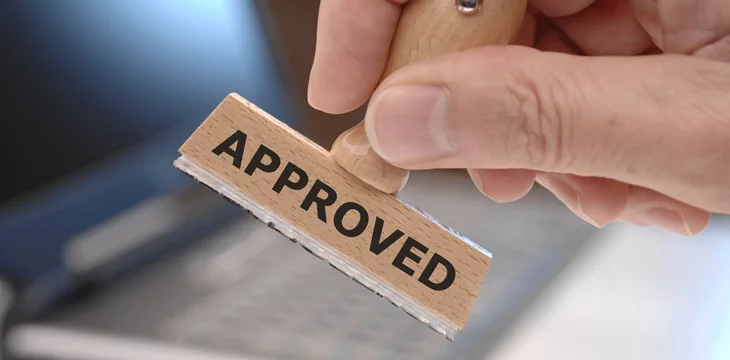|
Getting your Trinity Audio player ready...
|
The U.S. House Financial Services Committee (FSC) has approved a bill that would prevent the issuance of a central bank digital currency (CBDC) without the explicit authorization of Congress. The CBDC Anti-Surveillance State Act will now be put before the House of Representatives.
The bill amounts to a comprehensive prohibition on the Federal Reserve issuing a CBDC either directly or indirectly. Under the bill, the Federal Reserve is expressly forbidden from “directly” issuing a CBDC “or any digital asset that is substantially similar” directly to any individual. They are also prohibited from offering goods or services directly to individuals. It also forbids any indirect offering of a CBDC, such as through a financial institution or other intermediary.
Further, the bill states that “the Board of Governors of the Federal Reserve System and the Federal Open Market Committee shall not use any central bank digital currency, or any digital asset that is substantially similar under any other name or label, to implement monetary policy.”
Majority Whip Tom Emmer (R-MN), who introduced the bill, said after its approval:
“Unlike decentralized cryptocurrencies, a central bank digital currency is a digital form of sovereign currency that is designed and issued by a government and transacts on a digital ledger that is controlled by that government. In short, a central bank digital currency is government-controlled programmable money that, if not designed to emulate cash, could give the federal government the ability to surveil and restrict Americans’ transactions.”
“This is not just alarming – it’s downright un-American. We’ve already seen examples of governments weaponizing their financial system against their citizens.”
The bill was vocally opposed by Rep. Maxine Waters (D-CA), who said that the restrictions would “keep the United States behind other countries, including China, as a race forward to develop a global standard for central bank digital currencies.”
The CBDC issue has heated up in the past year. In 2022, President Joe Biden released his comprehensive framework for the responsible development of digital assets, which encouraged the Federal Reserve to continue its research into a potential CBDC in the United States.
Between then and now, opposition toward a CBDC has been steadily increasing. In March, Florida Governor Ron DeSantis urged state lawmakers to ban the use of CBDCs in the jurisdiction, accusing the idea of being a way to further spread ‘woke ideology.’
A committee hearing was held on Monday where several bills—including the CBDC Anti-Surveillance State Bill—were up for discussion. There, a number of witnesses poured cold water on the project, expressing concerns about a CBDC’s impact on privacy and financial freedom.
Rep. Stephen Lynch (D-MA), however, cautioned against “false narratives and fearmongering, much of it coming from the cryptocurrency industry itself.”
It appeared to have the desired effect, and the bill should now go on to face the House of Representatives and then the Senate. The House of Representatives is likely to give the bill a warm reception, given the partisan lines that have already been drawn, while it is likely to struggle to get through the Democrat-controlled Senate.
Should the bill pass, it would make the U.S.’s attitude toward CBDCs considerably different from that of other countries worldwide. The digital euro project in the European Union is collecting momentum, with the European Central Bank set to finalize its draft design and rulebook for an EU CBDC in October. India’s digital rupee pilot project begin at the end of 2022. Other countries are in more preliminary stages but have expressed an openness to the project.
To learn more about central bank digital currencies and some of the design decisions that need to be considered when creating and launching it, read nChain’s CBDC playbook.
Watch: Blockchain provides perfect foundation for CBDC

 07-12-2025
07-12-2025 





